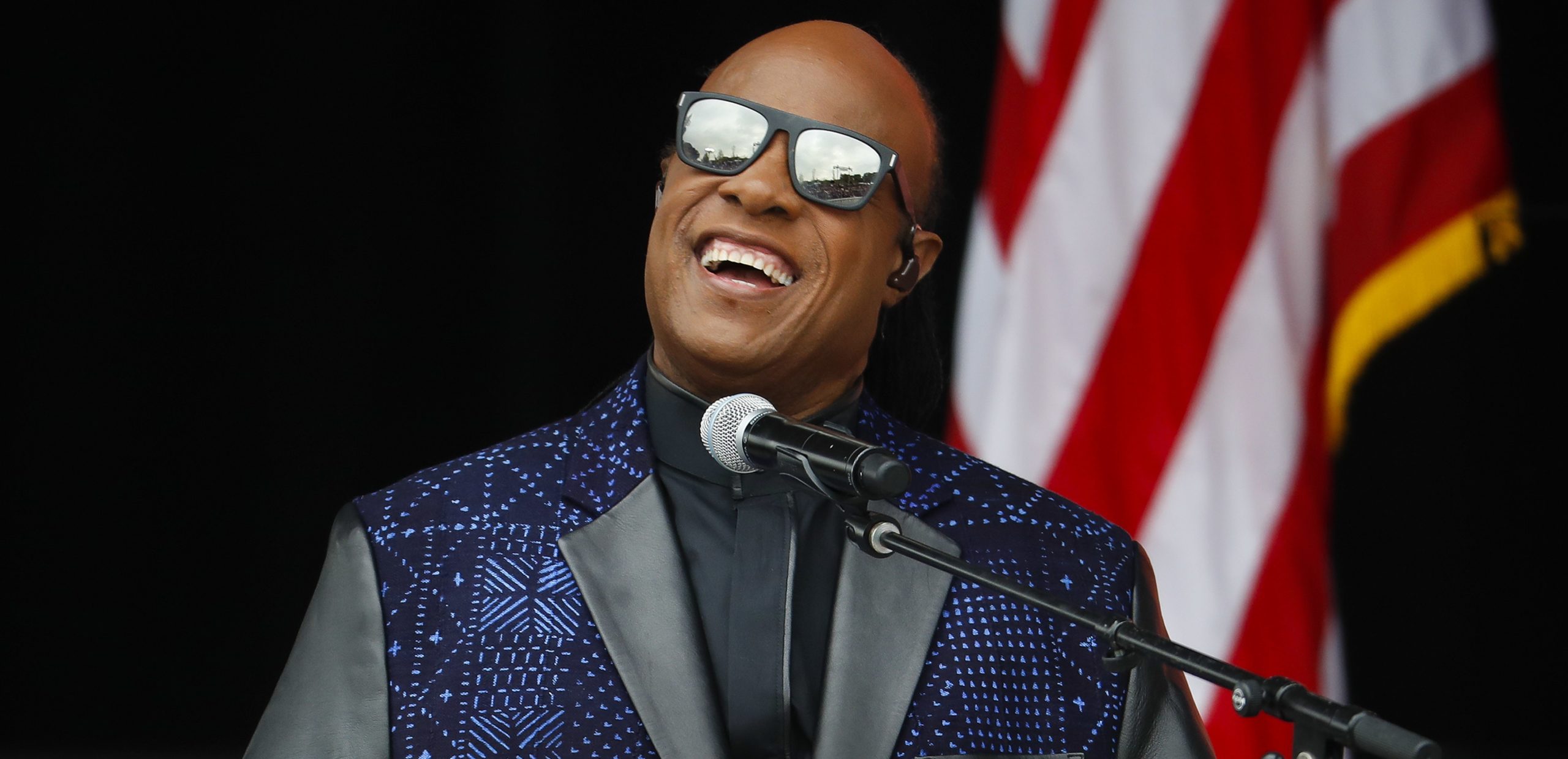Black History is the telling of American History with soul. The contributions made by Black folks who built the United States barely receive acknowledgment or praise. Below are some forgotten historical moments that deserve recognition and gratitude for their impact.
1. The Original Medicine Woman
No one could understand the hardship level of racism and sexism in 1864 when Rebecca Lee Crumpler became the first Black woman to become a Doctor of Medicine. After Crumpler graduated from the New England Female Medical College, she practiced medicine in Boston and Virginia, where she serviced mainly poor Black mothers and their children.
2. A Leader’s Leader
Bayard Rustin is one of the most outstanding Black civil rights leaders to have ever existed. His resume of excellence includes acts such as organizing the Freedom Rides with John Lewis, the March on Washington in 1941 with A. Philip Randolph, and later the March on Washington for Jobs and Freedom in 1963 with Dr. Martin Luther King. The criticism Rustin faced being a gay man is the only stupid reason he’s not mentioned on the same level as a household name as the leaders he guided.
3. Gold Getters
All Olympic records are made to be broken except for one – the first. In 1908, John Baxter Taylor, a track & field athlete, became the first Black man to win a gold medal, while in 1948, Alice Coachman became the first Black woman to do so in the high jump.
4. We Been Here
Contrary to stereotypical yet popular belief, Black History Month isn’t in February because it’s the shortest month. The origin comes from its “father,” Carter G. Woodson, a scholar, historian, and journalist who in 1926 started Negro History Week because it included the birthdays of Fredrick Douglas, February 14, and Abraham Lincoln, February 12th , which later expanded to a month.
5. Brother From Another Planet
If Sky’s the Limit were a person, it would be aerospace engineer Guion Stewart Bluford Jr. who, while working for NASA, became the first Black person to go to space. From 1983 to 1992, Bluford was part of four space shuttle flights where he had a bird’s eye view of planet earth being round.
6. Fear of a Black Channel
Not only was Nate King Cole the smoothest legendary Doo-wop looking brother of his era with a jazzy voice that sold millions of records, he also became the first Black host of a TV variety show called The Nate King Cole Show. Despite rating success with celebrity guests like Tony Bennet, Ella Fitzgerald, and Eartha Kitt, the show couldn’t secure national sponsorship because white corporate America wasn’t feeling the original Dark Gable on their TV screens.
7. The Co-founder Founder
Dorothy Pitman Hughes may be famously known for the iconic raised Black power fist photo with Gloria Steinem, but she (Dorothy) is every bit or more of a legend herself. Throughout the 1960s and 70s Hughes organized bail money for civil rights leaders, ran a multicultural community childcare center, and co- founded the Women’s Action Alliance. Her work continued throughout the decades, including speaking out against gentrification and the lack of Black ownership.
8. Watch Out Before Get Out
Yes, the movie Green Book would have one believe it was about an interracial buddy story during hard racial times. The reality, the Green Book, aka The Negro Motorist Green Book, created by Victor Hugo Green, was a safe road trip guide for traveling Black people to help avoid those sundown towns.
9. The First of a Few
Stevie Wonder’s legacy status doesn’t need any accolades from an academy that ignores the greatness of Beyonce. And yet, it’s not acknowledged enough that Stevie Wonder was the first Black artist to win a Grammy for Album of the year for his Innervisions album. Wonder is the first out of eleven Black artists since 1974, proving that if love is blind, then mainstream America is deaf.




